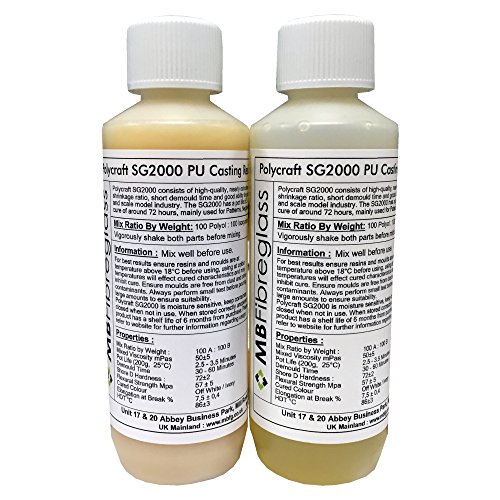What is Magnetic Tape and Why Do We Use It?
Understanding Magnetic Tape
Magnetic tape is a material used for storing data in an analog or digital format. Picture a long, thin ribbon coated with magnetic particles. When data, such as audio recordings or computer information, is written onto this tape, the magnetic particles align in patterns that can later be read back. We commonly use magnetic tape for its ability to store vast amounts of data in a compact form, making it particularly prevalent in industries dealing with archiving and backup solutions.
The Advantages of Magnetic Tape
One of the standout benefits of magnetic tape is its cost-effectiveness for large-scale data storage. Unlike hard drives or cloud storage services, using magnetic tape allows businesses to store data offline in a physical format, which can also be crucial for security purposes. Moreover, magnetic tape systems exhibit incredibly low error rates over time, contributing to their reputation for reliability in long-term storage.
The Different Types of Magnetic Tape: Choosing the Right Fit for Your Needs
Identifying Tape Formats
When considering magnetic tape, you’ll encounter several different formats, most notably Data Tape, Audio Tape, and Video Tape. Data Tape, often used for computer backups and archiving, is designed for high-density data storage and comes in various standards like LTO (Linear Tape-Open) or DLT (Digital Linear Tape). Audio Tape, a staple in the music industry, allows for high-quality sound recordings, while Video Tape is generally used in broadcasting and home video recording.
Understanding Storage Capacity
Different types of magnetic tape not only serve different purposes but also vary significantly in their storage capacities. For instance, modern data tapes can store several terabytes of information while older formats may only hold a fraction of that. When selecting magnetic tape, it’s essential to consider how much data you need to store and choose a type that aligns with your storage requirements.
How to Maximise the Lifespan and Performance of Magnetic Tape
Storage Conditions Matter
To ensure your magnetic tape lasts as long as possible, pay attention to its storage conditions. Keep the tapes in a cool, dry place, away from direct sunlight and extreme temperatures. Humidity can also negatively impact tape performance, so using a climate-controlled environment can prevent deterioration. Remember, a little care goes a long way towards extending the life of your magnetic tape.
Regular Maintenance and Usage
Using magnetic tape regularly can actually enhance its longevity. When tapes are simply left untouched for long periods, the magnetic properties can degrade. Consider running your tapes through the playback or recording equipment periodically. Also, performing routine checks on your storage devices keeps everything functioning smoothly, directly impacting the performance of the magnetic tape.
Key Features to Look for When Buying Magnetic Tape
Consider the Format and Compatibility
When shopping for magnetic tape, the first thing we need to consider is compatibility with our existing hardware. Different tape types require specific tape drives, so ensuring your drive matches the tape format is crucial. Beyond compatibility, the convenience of purchasing from a reputable manufacturer can save us from subpar performance, ensuring we get a product that meets industry standards.
Evaluating Storage Capacity and Speed
Next, pay attention to both storage capacity and data transfer speeds. Determine how much data we need to store, then choose a tape that meets or exceeds that capacity. High-density tapes are excellent for bulk storage, while faster tapes are beneficial if you frequently need to access or transfer data. Balancing both aspects based on our specific usage needs can enhance efficiency and effectiveness.
Practical Uses of Magnetic Tape in Everyday Life
Data Archiving and Backup Solutions
In everyday life, magnetic tape serves significant roles, particularly in data archiving and backup solutions. Businesses often utilise magnetic tape to store essential records, ensuring they have a physical backup of their digital files. From healthcare institutions keeping patient records to media companies archiving film and music, the use of magnetic tape is widespread across many sectors.
Creative Applications in Home Projects
Magnetic tape is not just for professional use; it can also find creative applications in our home projects. For example, we can use audio tape to convert older cassette recordings into digital formats for preservation, or even create fun DIY projects using magnetic tape for crafting purposes. The versatility of magnetic tape ensures that whether for practicality or creativity, its applications are plentiful.




















